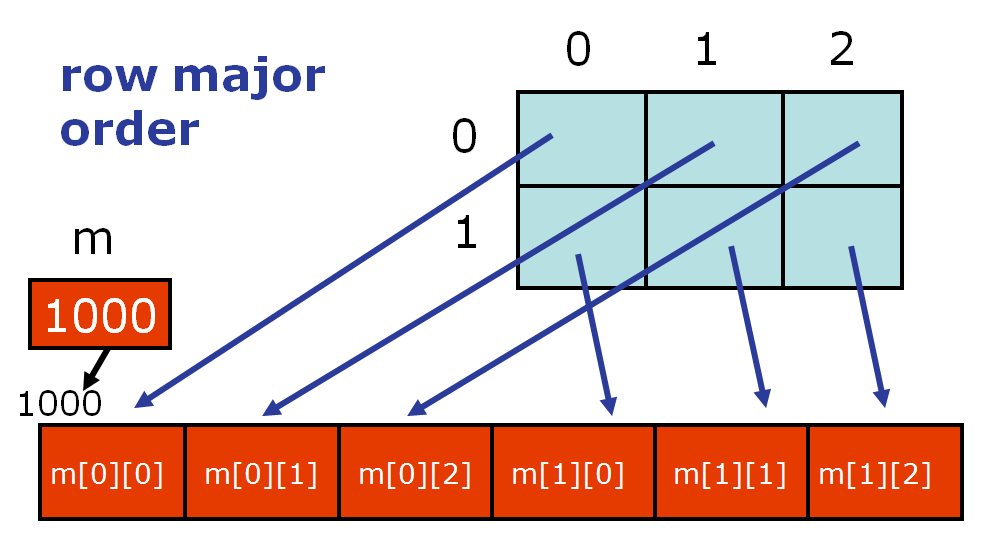user406009
user406009
user406009
user406009
user406009
user406009
user406009
user406009
user406009
user406009
user406009
user406009
user406009
user406009
user406009
user406009
user406009
user406009
user406009
user406009
user406009
user406009
user406009
user406009
user406009
user406009
user406009
user406009
user406009
user406009
user406009
user406009
user406009
user406009
user406009
user406009
user406009
user406009
user406009
user406009
user406009
user406009
user406009
user406009
user406009
user406009
user406009
user406009
user406009
user406009
user406009

